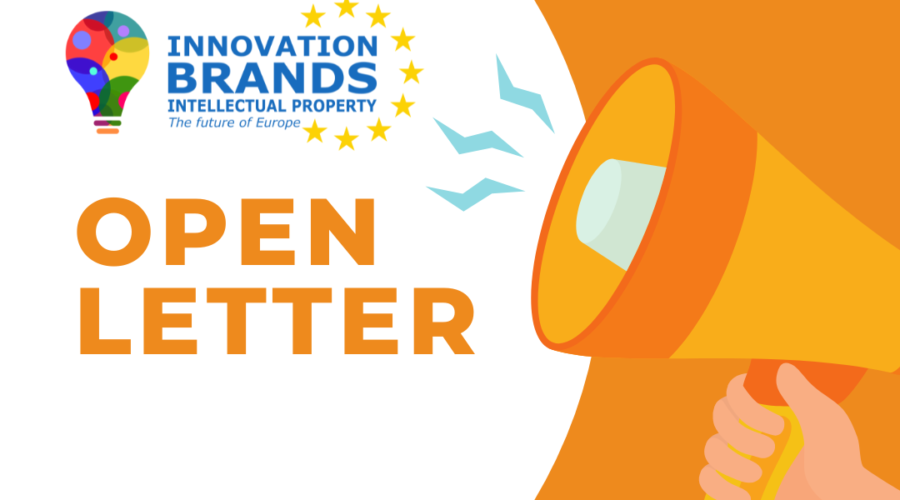Open Letter on a European Pharmaceutical Strategy
Dear Commissioner Vestager,
Dear Commissioner Gabriel,
Dear Commissioner Kyriakides
Thanks to the very robust Intellectual Property (IP) framework the European Union is equipped with, we have been able to develop the first effective COVID-19 vaccine in a European country, namely Germany, through the work of a European-based company backed by European venture capitalists. The response of many innovative pharmaceutical and biotech companies has shown their importance for humanity, as they provide swift reactions to new threats such as the current pandemic.
The next pandemic might just be around the corner. Given how many people have suffered and even lost their lives due to COVID-19, and the immense economic toll it already has on Europeans, we need to do everything we can to foster and not stifle innovation in Europe.
This can be achieved by embracing innovation and allow risk-seeking investors such as venture capitalists and companies to benefit from their investments. To this respect, intellectual property rights play an important factor.
The COVID-19 crisis has worsened public and personal finances, reducing people’s accessibility to medicines. If we want to increase access to drugs in all parts of Europe by maintaining our high innovation incentives, we need to focus on creating more prosperity: economic growth is the key driver for allowing more people across the globe to access the cures they need. Loud rhetoric aimed at eroding patent rights is a dangerous saber rattling that might reduce our ability to innovate in the future and find cures for 95% of those known diseases we cannot cure yet.
We need to acknowledge that there are wealth disparities among EU Member States and we cannot have a one-size-fits-all approach when it comes to access to medicines. The EU Commission should focus on maintaining our excellent IP standards and refrain from
intervening in the national rules for pricing and reimbursement decisions. Europe is home to half of the world’s top 10 pharmaceutical companies. We should not jeopardize this position.
Kind regards,
Gianna GANCIA MEP
Fulvio MARTUSCIELLO MEP
Salvatore DE MEO MEP
Pernille WEISS MEP
Lucia VUOLO MEP
Matteo ADINOLFI MEP
Massimiliano SALINI MEP
Pietro FIOCCHI MEP
Franc BOGOVIČ MEP
Gianantonio DA RE MEP
Margarita DE LA PISA CARRIÓN MEP
Marzaly AGUILAR, MEP
Stefania ZAMBELLI, MEP
Radan KANEV, MEP
Svenja HAHN, MEP
Hermann TERTSCH, MEP
Klemen GROSELJ, MEP
Carlo CALENDA, MEP
Ivan STEFANEC, MEP
Carlo FIDANZA, MEP
Lukas MANDL, MEP
Dominique BILDE, MEP
Elena LIZZI, MEP
Anna-Michelle ASSIMAKOPOULOU, MEP
Simona BALDASSARRE, MEP
Valentino GRANT, MEP
Nicola PROCACCINI, MEP
Sergio BERLATO, MEP
Isabel BENJUMEA, MEP
Pavel SVOBODA, MEP
Fred ROEDER, Consumer Choice Center










